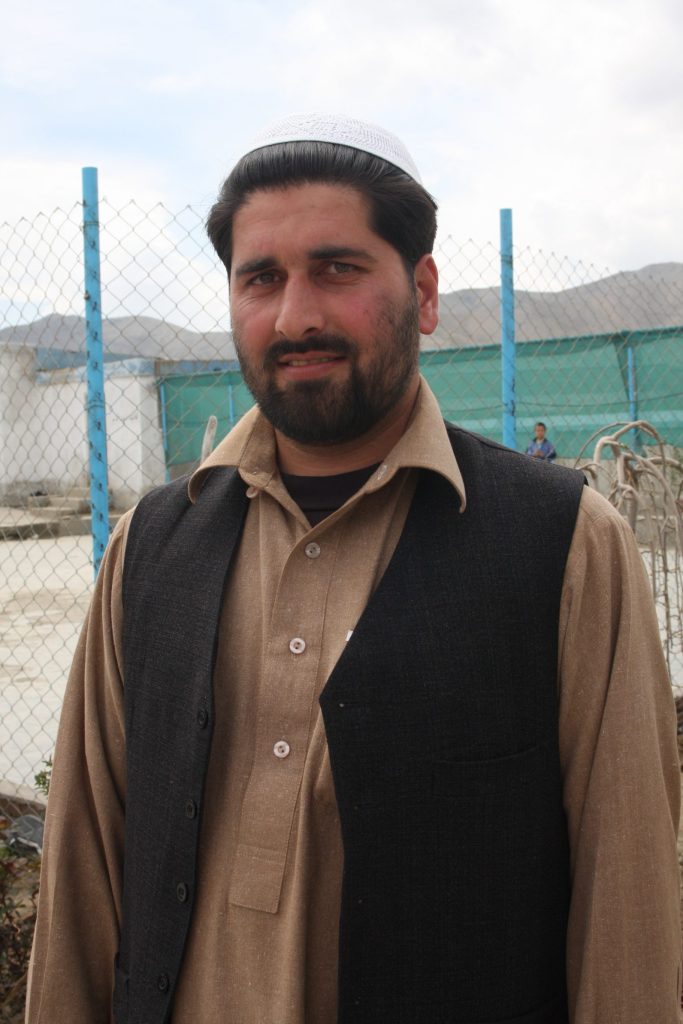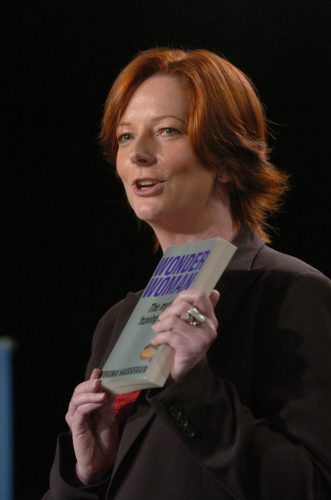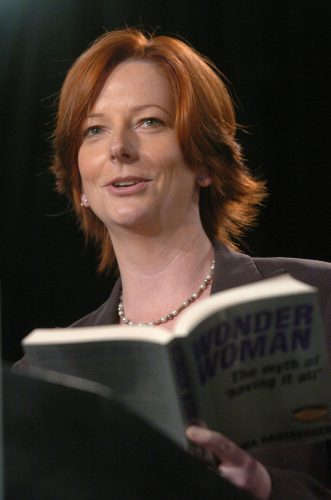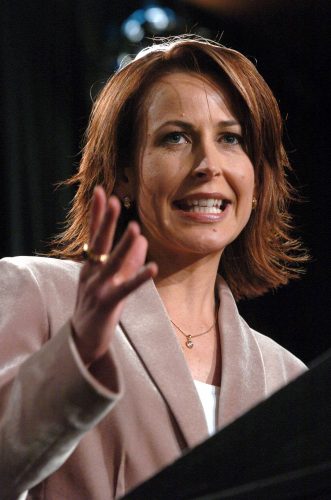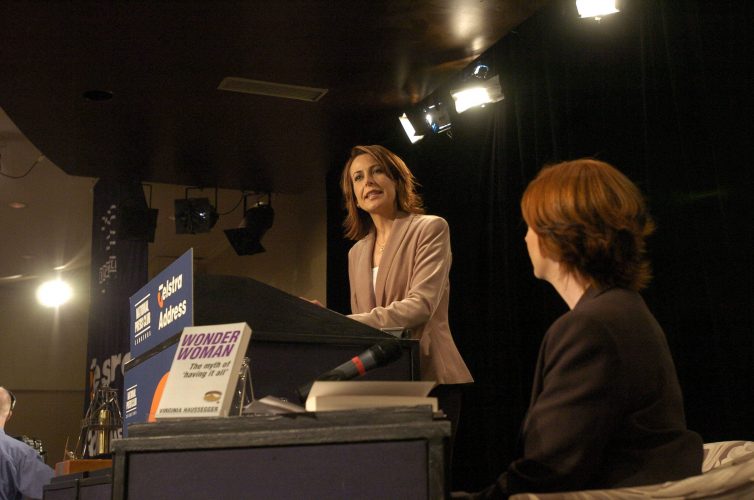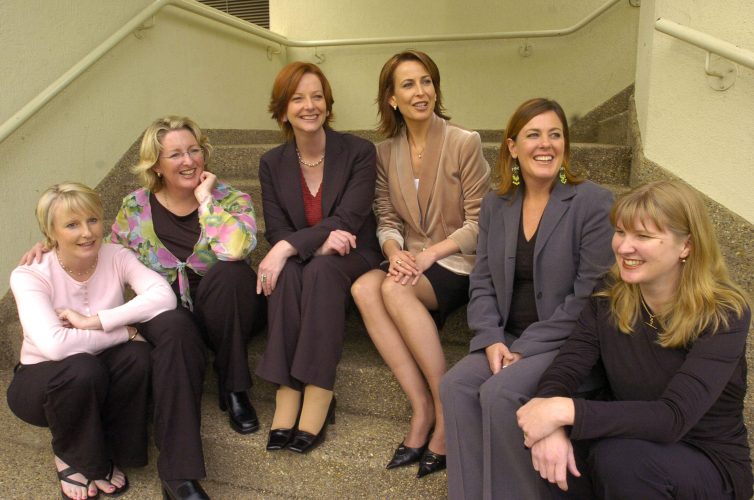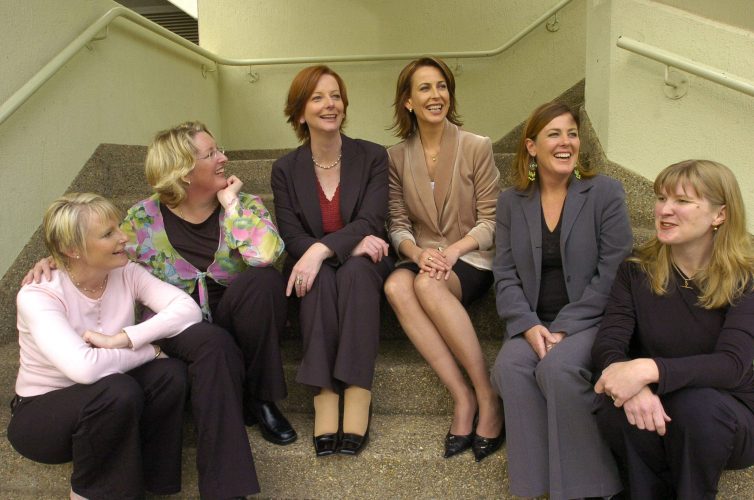I will never know, or understand, why I won the passport lottery and Sedique, or Meena, or Obaidullah, or any other would-be refugee lost out. I just happened to be born into one of the safest, cleanest and wealthiest countries on earth – Australia. Those three happened to be born into one of the most dangerous and deadliest countries in the world – Afghanistan.
There, if military battles or tribal warfare don’t get you, perhaps drought, poverty and an appalling lack of health care will. Either way, Afghanistan is a hell of a place to live in right now. Which is why so many have fled. One in four of the world’s refugees is from Afghanistan. There are nearly three million of them scattered across 69 different asylum countries, including Australia.
Today is World Refugee Day, and therefore a good time to focus on a few simple truths about refugees from war-torn Afghanistan, given they make up the biggest refugee population in the world.
The UN High Commissioner for Refugees has billed today as being all about “Real People, Real Needs”. And the UN Refugee Agency is using the superstar pulling power of Angelina Jolie to plug the message. Given her stratospheric celebrity status, you couldn’t get a more “unreal” person to talk about real people. But it works. Jolie’s 30-second video advertisement telling us that “refugees are the most vulnerable people on earth” has already been replayed thousands of times across the United States entertainment media. If you can look past her exceptional beauty – which, admittedly, is pretty hard – Jolie’s message about refugees is beautifully simple. “Every day they are fighting to survive. They deserve our respect.”
In Australia it’s easy to talk about respect and kid ourselves that as a nation we are “respectful” of those who are either disadvantaged or different. But as recent displays of racial hatred against Indians in Melbourne, Sydney and even here in Canberra have shown, we’re only a beer or two away from revealing our racist underbelly.
And when it comes to refugees, and those seeking asylum, Australians have proven we’re quick to judge, and condemn. Two months ago, when a boat-load of asylum- seekers from Afghanistan was detained off Ashmore Reef – the second boat to attempt illegal entry in a week – the Australian media engaged in debate about how “well- dressed” some Afghan asylum- seekers were. The snide implication was that these desperate people, who risked their lives to try to make it to our shores, were really just untrustworthy frauds. Not needy, persecuted people, but upwardly mobile “queue-jumpers”.
This kind of suggestion, and the astounding cultural ignorance it displays, is not new. On this Australia has form. We have long treated asylum-seekers and refugees with cynicism and suspicion. Our policies on detention have been unreasonably tough and void of compassion. And politicians have repeatedly seized on media discussion over illegal entries to whip up racism, and feed our deep- rooted fear of difference. Afghans, in particular, have copped considerable scorn.
Back in 2000, the then premier of Western Australia, Richard Court, spoke about a group of Afghan detainees with unconcealed contempt: “We’re not talking about genuine refugees, we’re talking about people who are smart alecs.” He went on to say they “should be turned around straight away”. Back then, anyone fleeing Afghanistan was attempting to escape one of the world’s most brutal and undemocratic regimes – the Taliban.
Days before Australia’s frenzy over the dress code of asylum-seekers, I returned from a trip to Afghanistan. On my last day in Kabul I spent time with a 33-year-old Afghan called Obaidullah. He works in an orphanage built by the Sydney-based charity Mahboba’s Promise. A refugee herself at the age of 11, Mahboba spent years in refugee camps before she made her way to Australia. Since becoming an Australian citizen, she’s dedicated her life to helping the widows and orphans of Afghanistan. Obaidullah is one of her tireless foot soldiers.
Before I left, we talked about Australia and Obaidullah revealed that he’d made three attempts to flee Afghanistan and come here. Each dangerous trip in leaky boats ended in near disaster. Some of his fellow passengers died from hunger and exposure when they drifted for days, lost and with no fuel. The closest Obaidullah ever got to Australia – the paradise of his dreams – was Ashmore Reef. There the boat was apprehended and turned back at gunpoint. After three years, 11 days and 20 hours in detention in Indonesia, Obaidullah was sent back to Afghanistan.
Since then the lawlessness and suicide bombings in his neighbourhood have become worse. He still owes more money to people smugglers – despite the failed ventures – than he could ever hope to earn in Afghanistan. And the prospects of peace in his country are hopelessly grim. But Obaidullah says he’ll never again try to make it to Australia.
As we politely bade each other goodbye, I noticed his crisply ironed shalwar kameez, with a neat vest on top. Is he just another failed asylum-seeker who’s too well dressed? Or a would- be refugee who deserves an apology and our respect?
